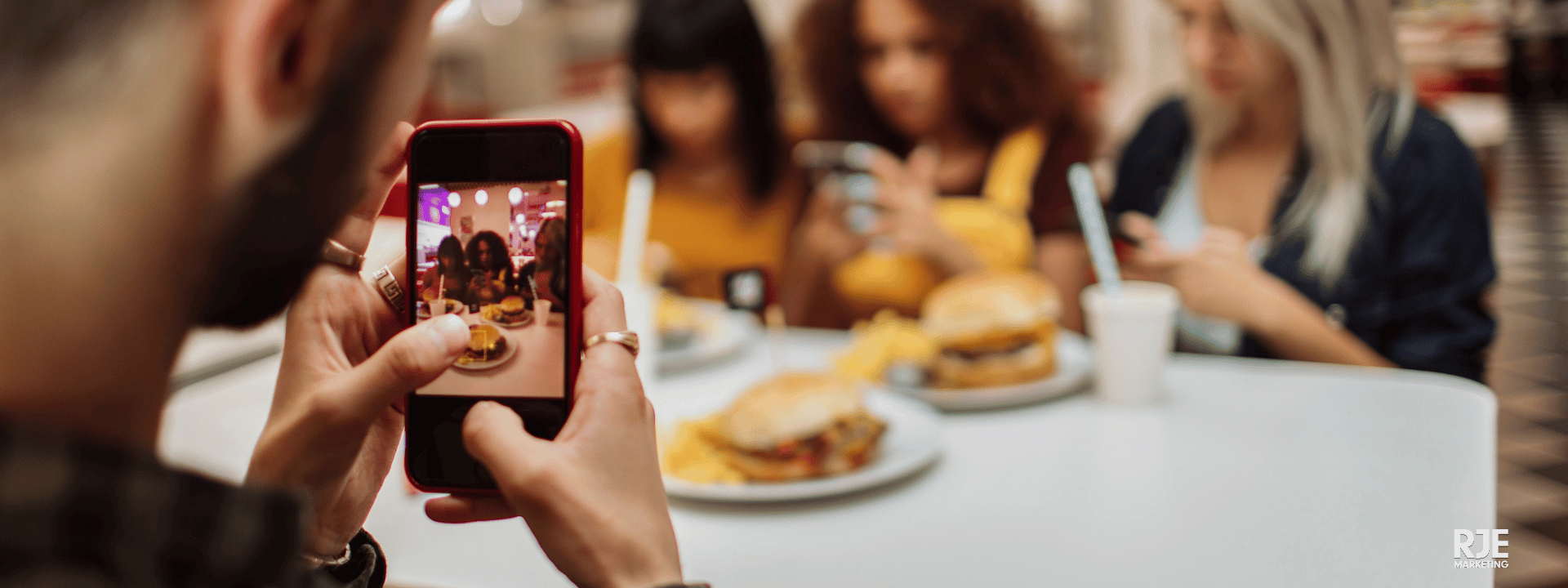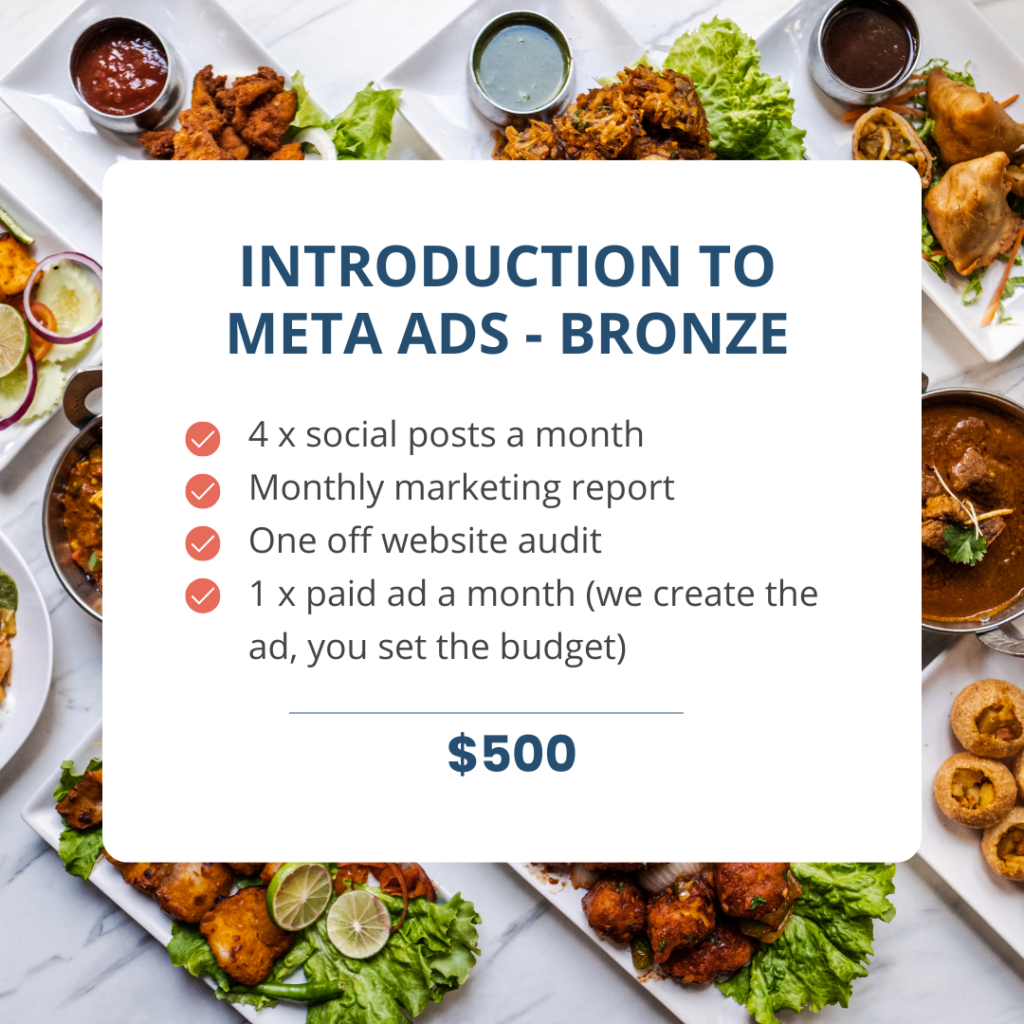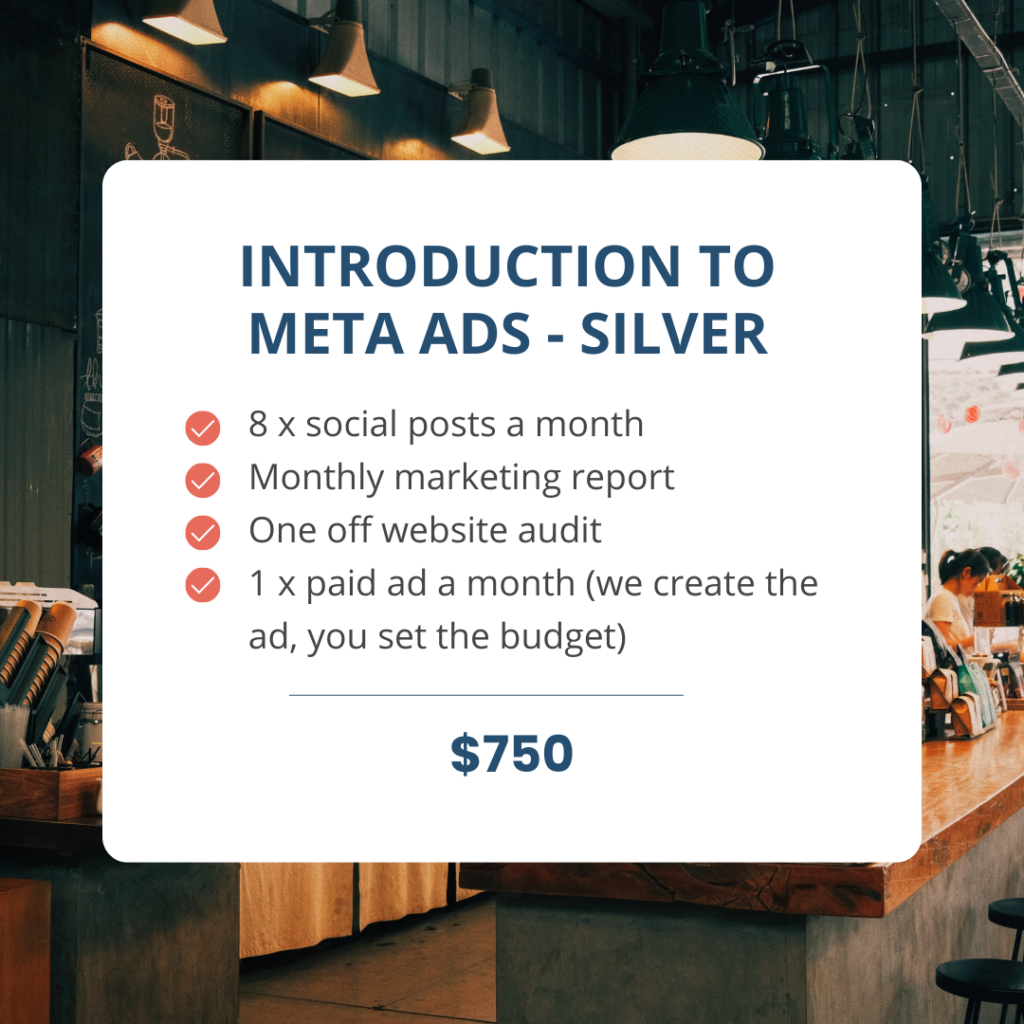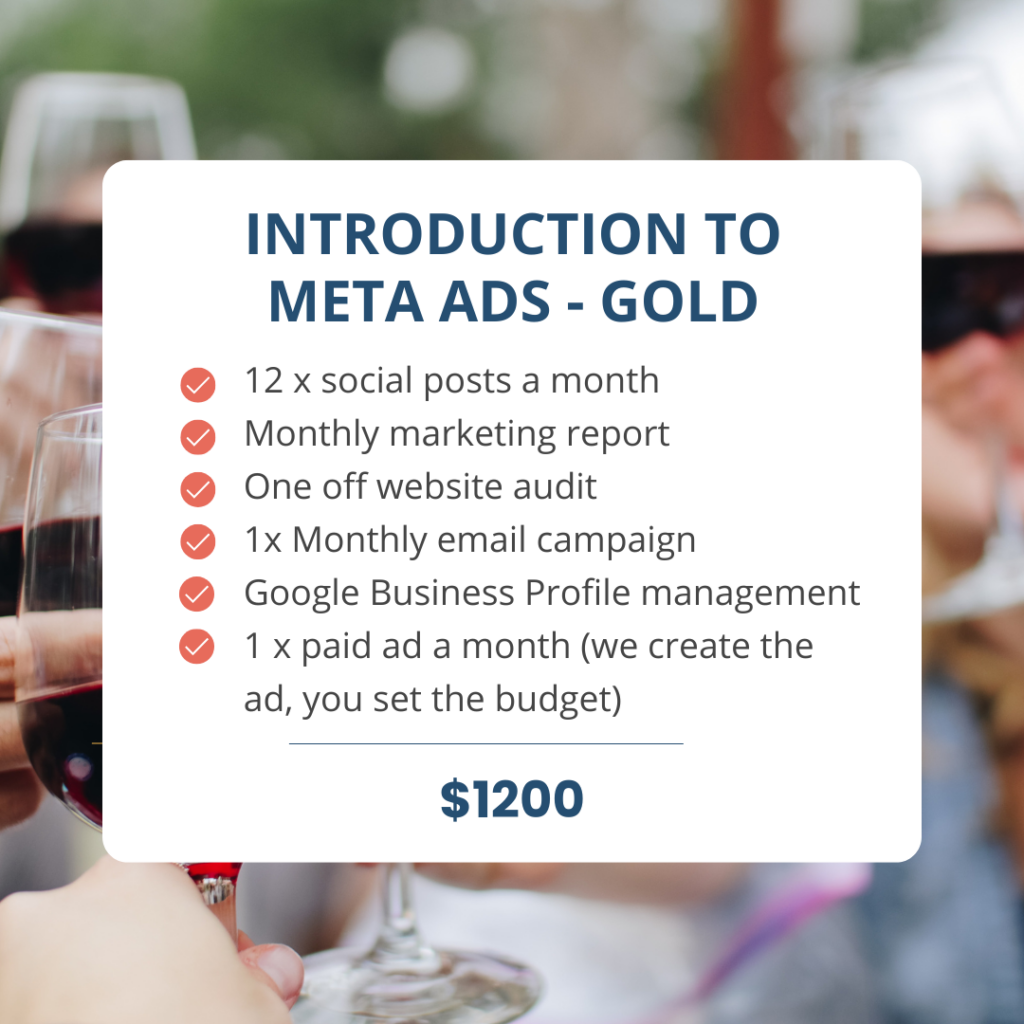In today’s digital-first world, social media has become an essential tool for businesses across all industries, and the hospitality sector is no exception. From restaurants to hotels, cafes, and event venues, leveraging social media effectively can significantly boost brand awareness, increase engagement, and drive sales. Whether you’re promoting a seasonal menu or advertising special events, social platforms offer a range of strategies to engage both new and existing customers. Let’s explore how social media can help hospitality businesses thrive, focusing on both paid and organic strategies.
Paid Search for Brand Awareness and Promotions
Paid search, particularly through social media networks like Facebook, Instagram, and TikTok, is one of the most effective ways for hospitality businesses to reach a broader audience. These ads allow businesses to target specific demographics based on interests, location, behaviour, and even past interactions with your business.
1. Brand Awareness
Paid search ads are excellent for building brand awareness, especially for new or lesser-known hospitality businesses. By using targeted ads, you can place your business in front of potential customers who might not have known about you otherwise. This is particularly important in the highly competitive hospitality industry, where standing out in a crowded marketplace is a challenge.
For example, if you’re a new restaurant in town, running paid social media campaigns highlighting your unique offerings, location, and customer reviews can increase visibility among locals or tourists looking for new dining spots. For this, it’s great to stick to a limited radius to really focus on people in close proximity.
2. Promotions to Drive Sales
Paid ads are also perfect for pushing specific promotions. Running limited-time offers, happy hour deals, or special event announcements through paid ads can create a sense of urgency and encourage customers to take action quickly.
Promoting discounts on room bookings or exclusive dining packages can drive traffic, leading to increased bookings or reservations. You can target people based on where they are, what they like, and even how frequently they book a restaurant or stay in a hotel. For example, an ad showcasing a 20% discount on weekend brunch can attract those planning a visit to your city and influence their decision to dine with you over competitors. Coffee handouts for ads shown can also be a huge winner and easy to track!
3. Retargeting for Increased Conversions
Retargeting ads are another powerful paid search tool. By targeting users who have interacted with your website or social media in the past, you can remind them about your offerings and entice them back. For instance, if someone viewed your event calendar but didn’t purchase tickets, a retargeting ad featuring an upcoming live music event could reignite their interest and encourage them to act. You could even run a promotion to offer a free drink on arrival if they enter a unique code when booking, your options are endless.
Organic Social Media for Existing Audiences
While paid ads can generate immediate results, organic social media posts are essential for nurturing relationships with your existing audience. Hospitality businesses rely on repeat customers and word-of-mouth, which organic social media can help facilitate.
1. Keeping Customers Up to Date
Organic posts allow you to stay top-of-mind with your audience by keeping them informed about new offerings, menu updates, upcoming gigs, or even last-minute availability. Regular, authentic updates not only help you connect with your current patrons but also build community and trust.
For instance, if your restaurant introduces a new seasonal menu, posting about it on Instagram or Facebook will keep your followers engaged and excited about what’s new. A well-shot photo or video of the dish paired with a compelling caption can motivate existing customers to come back and try it. It also helped draw in new customers based on hashtags, location tags and if they’ve come from paid ads and want to see more, they’ll often head to your socials first before committing.
2. Engaging with Your Audience
Engagement is one of the key benefits of organic social media. By responding to comments, sharing customer reviews or user-generated content, and creating polls or interactive posts, you create a dialogue with your customers that goes beyond just selling. These interactions build relationships that are more likely to turn first-time visitors into loyal patrons.
A local café could post a poll asking followers to vote for the next featured pastry, creating excitement and anticipation. Similarly, if you’re a hotel, sharing behind-the-scenes photos of your staff or your team’s community involvement can humanise your brand and encourage people to feel more connected to you. You can even run competitions encouraging tagging to win a free meal for two, all of these concepts really excite customers and makes them more compelled to follow you.
3. Utilising User-Generated Content (UGC)
User-generated content (UGC) is a powerful tool for building authenticity and trust. Customers love to share their experiences online, and reposting their content—whether it’s a photo of their meal, a review of their experience, or a video from an event—can significantly increase your reach and credibility. Encourage guests to tag your business or use a branded hashtag when they post about their experience, and be sure to reshare these posts.
Let your customers be the ones to take photos for you and really show appreciation by resharing them too! This not only showcases your hospitality but also provides social proof, which can encourage others to book with you.
Leveraging Influencers and Local Partnerships
Influencer marketing has exploded in recent years, and hospitality businesses can greatly benefit from collaborating with local influencers. Whether it’s a food blogger, a travel vlogger, or a local lifestyle influencer, influencers can bring a personal touch to your brand while exposing you to new potential customers.
Influencers can post about your restaurant’s newest menu item, weekly specials, or a live event at your venue. They already have an established and loyal following, which can amplify your reach and give you access to a highly targeted audience.
Additionally, partnerships with local businesses or organisations can help extend your reach even further. For instance, collaborating with a local brewery or winery for a special event at your restaurant or working with your coffee supplier and local farms/produce places can help cross-promote your offerings to a new but relevant audience.
Measuring Success and Refining Strategy
Finally, it’s important to remember that effective social media marketing is not just about posting content but also about analysing performance and refining your approach. Most social media platforms offer robust analytics that can help you track the success of your paid campaigns, organic posts, and influencer collaborations. Key metrics to track include engagement rate, click-through rate (CTR), conversion rates, and overall ROI.
By regularly reviewing these metrics, you can identify what’s working and where improvements are needed. For example, if you notice that a specific type of post—like a time-limited promotion—is generating more bookings, you can increase your investment in similar content.
Is It For Your Business?
Social media is an invaluable tool for hospitality businesses looking to enhance their brand presence, engage with existing customers, and attract new ones. By utilising both paid and organic strategies, from targeted ads for promotions and brand awareness to organic posts that keep your customers engaged and informed, you can harness the power of social platforms to grow your business.
In the hospitality industry, the ability to connect with people and build a loyal community is key. Social media offers the perfect space to do just that. With the right strategy, you can transform your social media presence into a robust marketing engine that drives sales, promotes your brand, and keeps customers coming back for more.
Need help setting a strategy? Get in touch!



